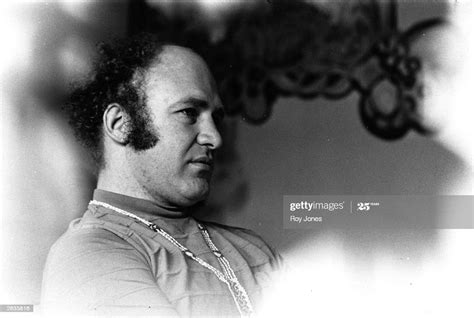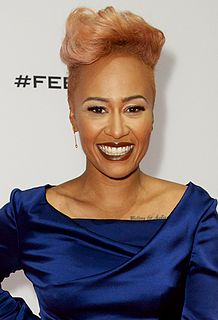A Quote by Roy Kesey
I didn't intentionally emplace the raw material needed for political/allegorical readings into any of the first drafts, but sooner or later I saw it coming, and I did intentionally not cut it from some of the final drafts. In other words, I'm not particularly interested in encouraging readers to read certain stories that way, but I want to make sure that route's accessible should anyone be so inclined.
Related Quotes
I remember Emilio [Estevez] and I were at John's house during the rehearsal process. And John [Huges] had mentioned he wrote the first draft of Breakfast Club in a weekend. And we both at the same time went, "First draft? How many do you have?" And John said he's got four other drafts. And we go, "Can we read them?" And for the next three hours, Emilio and I read those other four drafts.
I had written eight drafts of the Lemony Snicket' screenplay when this changing-of-the-guard thing happened, and I said to the new producers, "I don't think I could write any more drafts." I guess I was sort of hoping they would say, "Well that's okay, this last one is perfect." But instead, they said, "It's funny you should say that. We don't think you can write any more drafts either."
Sure, kids want to read whatever is the hot book, and of course they want to read fantasy and any kind of speculative fiction, but they also like to read stories with kids that look just like them, that have the same problems as them. And I've noticed that what they particularly want to see is to see those characters prevail. So they don't want sanitized situations. They want stories to be raw, they want them to be gritty, but they also do want to see the hope at the end of the story.
Now I rewrite more and more severely, and I take great pleasure in cutting thousands of words out of first drafts; I think that's a pleasure worth learning as early as possible in one's career, not least because realizing that one can do it helps one relax into writing the first draft in which it's better to have too much material for later shaping than not enough.
I worked with John Maybury on The Jacket and I think he's an extraordinary film-maker. I read the first drafts of this piece when I was working on The Jacket, and we'd so fallen in love with him that we thought he was the only person that should direct this! We wrote poems for him, we sent him champagne and cakes. Four years later he finally read it.


































